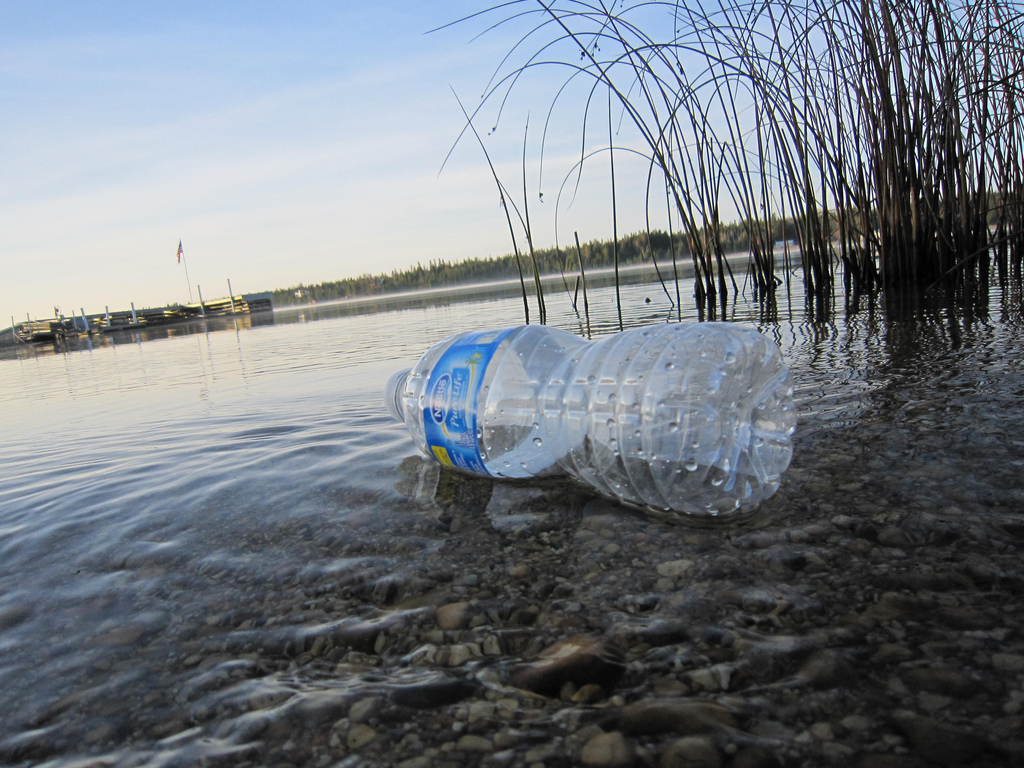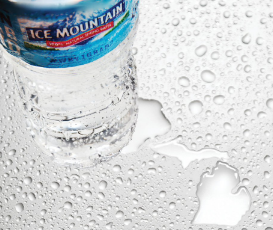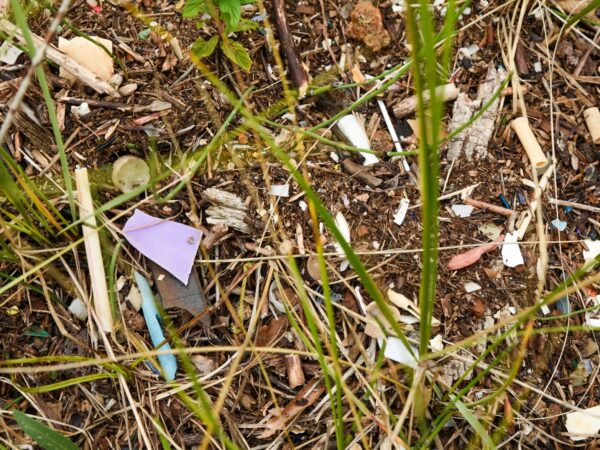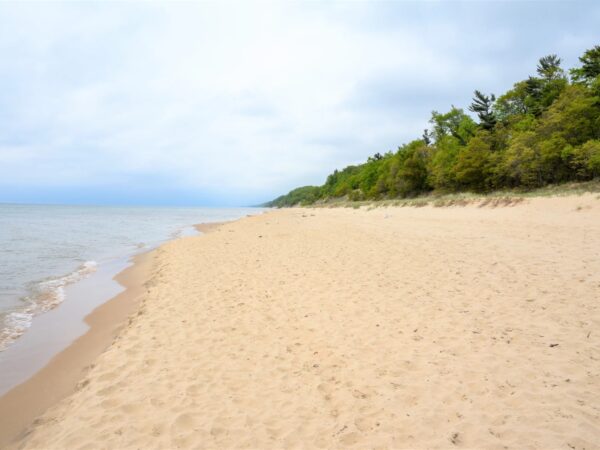
Change laws; focus on the public interest
Still recovering from the attention brought by the Flint water crisis, Michigan returned to the national spotlight last week for issues involving water stewardship due to the state’s decision to allow Nestle to increase pumping of groundwater for its bottled water business.
The state’s Department of Environmental Quality (DEQ) approved a Nestle request to increase pumping of groundwater from 250 to 400 gallons per minute where the company’s well is located in Osceola County.
This culminates a two-year process where public comments received prior to the decision by the DEQ were overwhelmingly against granting Nestle the right to take more water. But the DEQ said it was bound to follow the law which supported the decision.
Local citizens have been at odds with Nestle – including in the courts – since 2000, over the Swiss company’s taking of local groundwater.
Swift reaction to the Nestle Decision
Reaction to the decision was swift and critical.
The decision is “deeply disappointing and represents yet another fundamental failure by state leaders to safeguard Michigan’s precious water resources,” Michigan League of Conservation Voters spokesperson Katie Parrish tells Great Lakes Now.
“It’s time for Michigan to think carefully about public policies that prioritize stewardship and long term protection of our groundwater resources,” Traverse City’s Liz Kirkwood told a National Public Radio audience. Kirkwood is Executive Director of FLOW, a nonprofit.
Dr. Peter Gleick, and Peter Drekmeier, of the Tuolumne River Trust, at the Silicon Valley Water Conservation Awards, photo by Eric G. Olson
For a broader perspective, Great Lakes Now contacted “world-renowned” water expert Peter Gleick from California.
Gleick is a MacArthur Fellow and the author of the 2010 book: Bottled and Sold: The Story of Our Obsession with Bottled Water. He has tracked the bottled water issue for decades.
Gleick said “while the Nestle issue in Michigan is particularly egregious because of the quantity of water taken, the same scenario is playing out in California and other parts of the country.”
On the dismissal of the overwhelming number of public comments against Nestle, Gleick said “public officials in general have a job to protect the public interest and that didn’t happen in Michigan.”
With two Michigan groups calling for a review of the state’s public water policies, Great Lakes Now contacted State Senator Rebekah Warren, a Democrat from Ann Arbor.
Warren says she “would support a thoughtful review of Michigan’s water laws and, in fact, am considering appropriate legislative responses to the recent permit decision.”
Warren serves on the Senate Natural Resources Committee.
Ari Adler, Gov. Rick Snyder’s Director of Communications tells Great Lakes Now that the governor “would be willing to work with his legislative partners and review any changes sent to him by the Legislature if the state House and Senate determine changes need to be made.”
Adler said the governor would “keep public health, environmental stewardship, and the concerns of all Michiganders in mind when reviewing any bills.”
In a separate statement on whether the governor could intervene to overturn the decision Adler said, “the permitting authority is granted solely to the DEQ per state law, as is the process they followed to make their determination. So, the Governor cannot reverse the decision.”
Great Lakes Now asked Michigan gubernatorial candidates Republican Brian Calley and Democrat Gretchen Whitmer to comment on the Nestle decision. Calley’s office did not respond, and a representative for Whitmer’s office promised a response but none came. Republican Attorney General William Schuette’s office could not be reached.
Where to now

Peter Gleick lectures at SkeptiCalCon, courtesy of Susan Gerbic
With the review process seemingly stacked in favor of Nestle in this case, what options do people opposed to the state’s decision on Nestle’s water withdrawal have?
California’s Gleick says, “We don’t have to live with the current situation. Why not enact laws that would impose an extraction fee on the water taken? Then you’re raising money that could be used to protect water systems.”
University of Illinois-Chicago Professor Rachel Havrelock sees a remedy at the ballot box.

Rachel Havrelock Associate Professor Department of English at UIC, photo by Jenny Fontaine via today.uic.edu
“We’ve got to vote in November with an alternate water future in mind. A future in which our tax dollars protect our water supply and support lead pipe replacement instead of subsidizing corporate withdrawals and fracking, “ Havrelock tells Great Lakes Now.
“We need to vote in the name of a Water Belt where our water wealth improves the daily lives and long term future of local residents, not foreign companies,” she said.
Havrelock is a Humanities professor and runs the school’s Freshwater Lab.
Finally, Gleick has high level water policy advice for Michigan and the rest of the country.
“Michigan is a rich state: rich in water, rich economically, rich in intelligence. How is it possible that Michigan, or the country as a whole, still has failed to provide safe, affordable water to everyone? Bottled water isn’t the answer to this problem.”
1 Comment
-
can we add to the conversation re. Michigan water policy/law the settler-state processes and institutions that treat water as property and the state of Michigan’s water authority beyond scrutiny? last i checked there are Treaties and these waters flowing through Michigan are within international boundaries shared by many native and non-native nations. more on Indigenous water governance in the Great Lakes here by Great Lakes Commons: https://www.greatlakescommons.org/our-blog-b/2017/3/indigenous-water-governance-in-the-great-lakes





